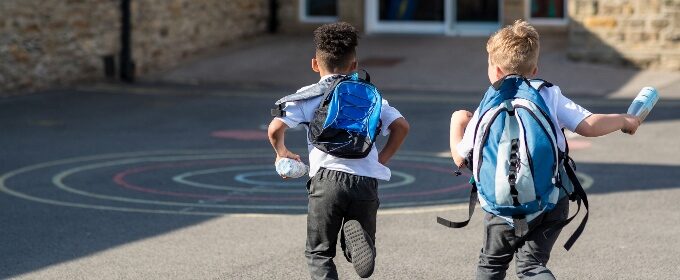In 2020/21, 3.9 million children in the UK are living in relative poverty (in households with an income less than 60% of the median household income). While policy aims to address the attainment gap linked to poverty, the current approach will take 500 years to close that gap. In this article, from our Power in […]









